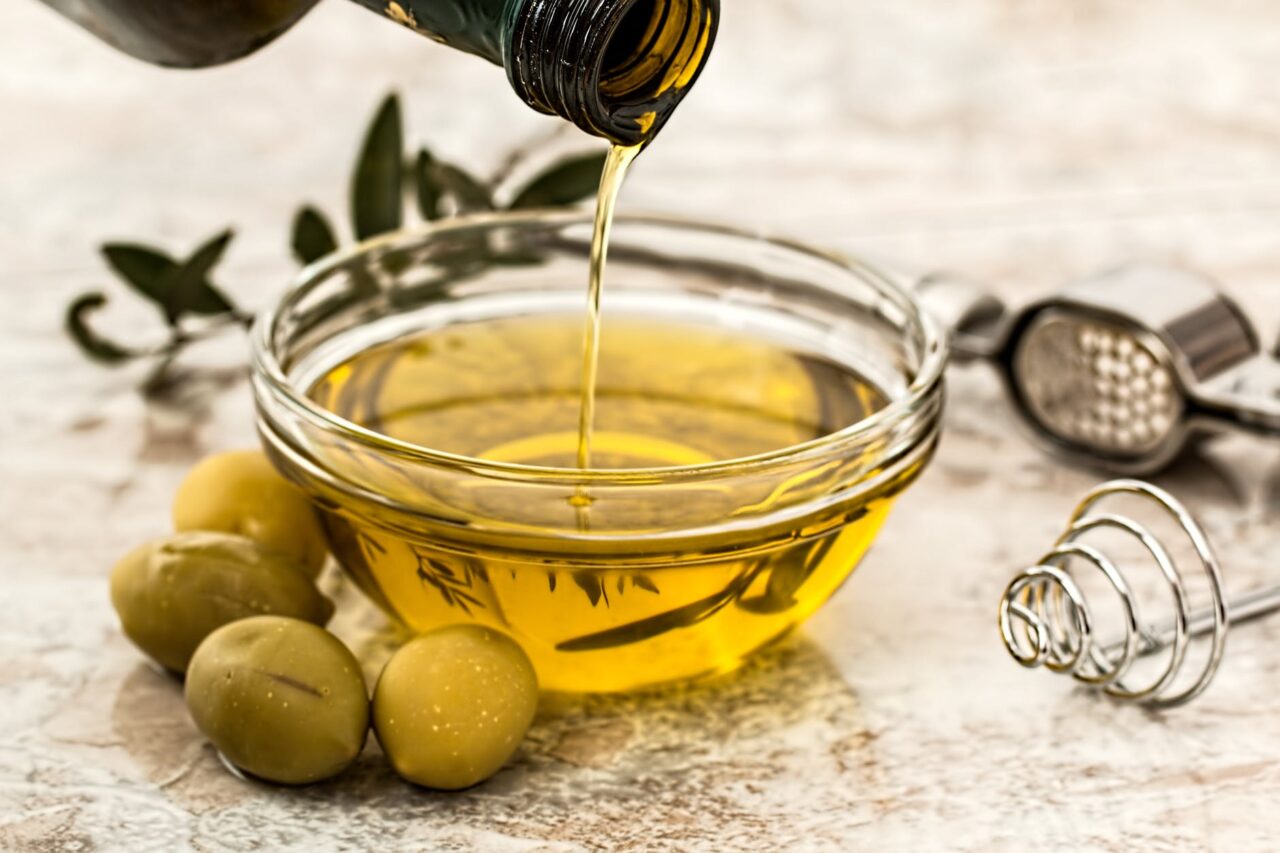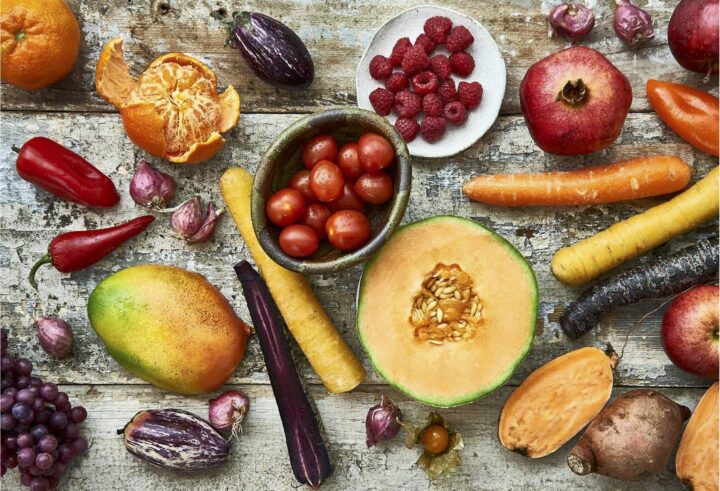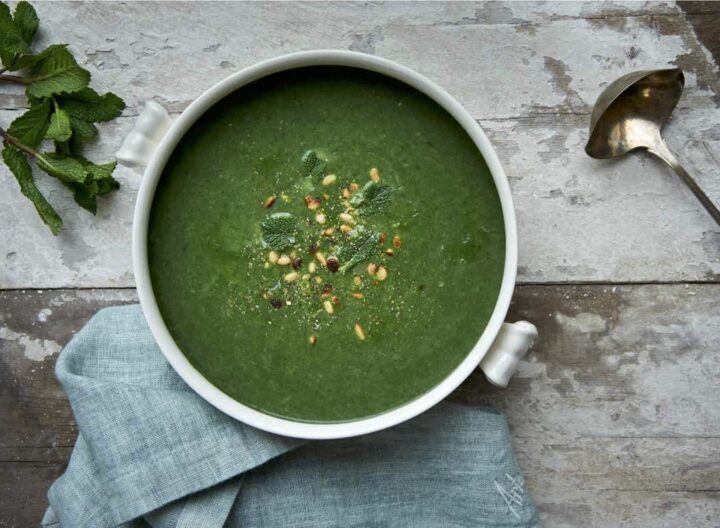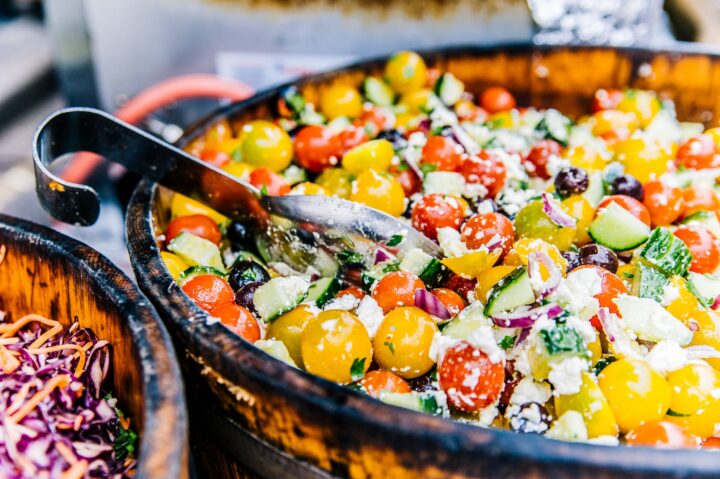These last few weeks have been excellent, even though the weather has changed for the worse. First, my daughter, Heather, returned from her medical school elective in Borneo and Penang. She had the most wonderful time, the highlight of her trip being a journey to an Orangutan sanctuary.
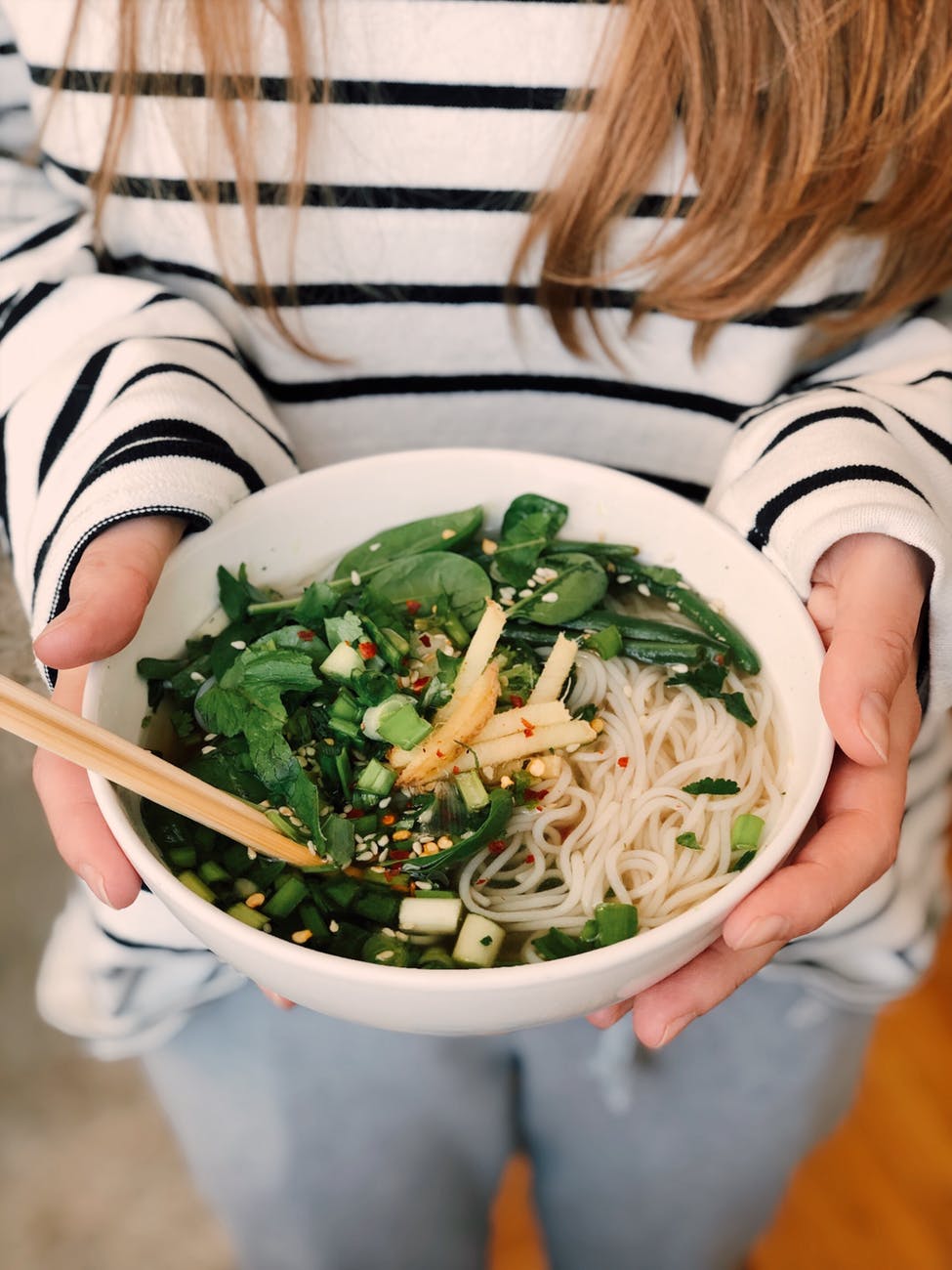


The following week, my son, Daniel, returned from his studies in Vancouver, for a 2 week holiday. He is looking great, on the basis of joining the weekly local ‘Park run’. After each run he has a bagel and a doughnut, as he reckons that he has burned over 2000 calories. He wasn’t too pleased when I suggested dropping the doughnuts! The trouble is that they are usually a mixture of white flour, sugar, jam and highly processed re-used oil. So, they are low on the food chain, i.e. just about as unhealthy as you can get. I once tried eating the cut-out ‘hole’ of a doughnut, sold by an American fast food chain. Even that fragment was so sickly sweet that I couldn’t finish it. A pack of nuts and raisins or ‘trail mix’ might be a better choice for a post-run pick-me-up.
Last Tuesday, Jamie Oliver was book signing at Waterstones in Manchester. I determined to meet him as I am a fan, especially of his work to combat childhood obesity and to improve school dinners. I was at Waterstones soon after they opened and surprised to find myself the first in the queue. I learned from a Polish girl, sitting on the floor nearby, that Jamie is popular in Poland. It is wonderful to think that his campaigns for a healthier diet reach people around the world.

We knew he was on his way, because his voice carried up the stairs. I had his book ready for signing and while he was doing this, I told him about writing with Judi and about Aunt Evi being a famous Jewish cookery expert. He was rushed but friendly. I took a deep breath and said: “Jamie, would you consider endorsing our cookery book?” I was directed to his lovely PR manager, but not before both Heather and I had photos taken with him.
Yesterday was my Uncle Hans’s 94th birthday. He is quite incredible in many ways. He walks without a stick, which is not necessarily a good thing as he sometimes wobbles as he goes. He still drives and also takes a string of women out for lunches, where he regales them with stories from his past, all partly fact and partly fiction, as he likes to embellish them. He is always highly entertaining.

On the same topic of ‘fact and fiction’ I am reminded of my dilemma, when it comes to writing about fats. This week the newspapers and social media have been buzzing with the pronouncement of an epidemiologist, called Dr Karin Michels, that ‘Coconut oil is pure poison.’ She goes on to say that because it is high in saturated fat, it is a cause of high LDL cholesterol and hence heart disease. I just wish that scientists wouldn’t sensationalise. Her stance is not one that I take.
Here is my view on fats, and it is a hotly contested topic. Saturated fats are those where every carbon atom is linked with the maximum number of hydrogen atoms. They are very heat stable. Surprisingly, eating saturated fats (in moderation) in your diet does not always appear to raise the level of saturated fat in your blood stream, just as when you eat foods high in cholesterol, like egg yolks, they do not usually raise the cholesterol levels in your blood. This is especially the case if the rest of your diet is healthy and you don’t eat lots of white carbs. (I added ‘in moderation’ to this description because large quantities of saturated fats, eaten regularly, are harmful to heart health.)
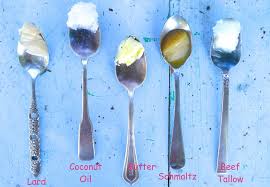
Karen Michels is right in saying that saturated fats raise ‘bad’ LDL cholesterol. However, they may also raise ‘good’ HDL cholesterol and drop bad triglyceride fats. So, the overall effect is ‘a mixed bag!’ Also, scientists have shown that there are different forms of LDL cholesterol. Saturated fats cause an increase in large buoyant LDL, which is quite safe, having little effect on the blood vessels. Sugar and other white carbs stimulate the liver to cause a rise in small dense LDL cholesterol, (sdLDL), which is the most damaging kind. It is prone to being oxidised and contributing to the formation of plaques, which can narrow the arteries supplying the heart. So perhaps sugar is ‘the real poison’?……
Not all saturated fats act in the same way. Dairy products appear to be neutral or good for the heart. They help drop blood pressure and reduce the risk of diabetes. Unsweetened natural yoghurt is particularly good. Poultry also seems to be neutral. Red meat is ‘so-so’ but processed red meat, like salami, savaloys or other deli meats is significantly worse for the risk of heart disease, such as angina or heart attacks.

Where does coconut oil sit in this spectrum? This isn’t clear, as there hasn’t been enough research on the subject. It has been used in Ayurvedic medicine for hundreds of years. Virgin cold-pressed coconut oil is high in anti-oxidants. It also contains some medium chain triglyceride (MCT oil) which is absorbed and quickly taken to the liver, where it is burned for energy, helping to reduce the fat around your midriff (visceral fat.) When this happens, ketones may be released, which appear to be helpful in the prevention of Alzheimer’s disease. Further studies are being done into all of this, so we will know more about its properties in the future.
Where coconut oil comes into its own, is frying at high temperatures e.g. sauteeing. I have already described saturated fats as relatively heat stable. The same is true for butter and ghee. This is in contrast to polyunsaturated fats, including sunflower oil. If these latter fats are overheated, especially if they are re-used, like in a fast-food café, they can be damaged and oxidised or create harmful chemicals.
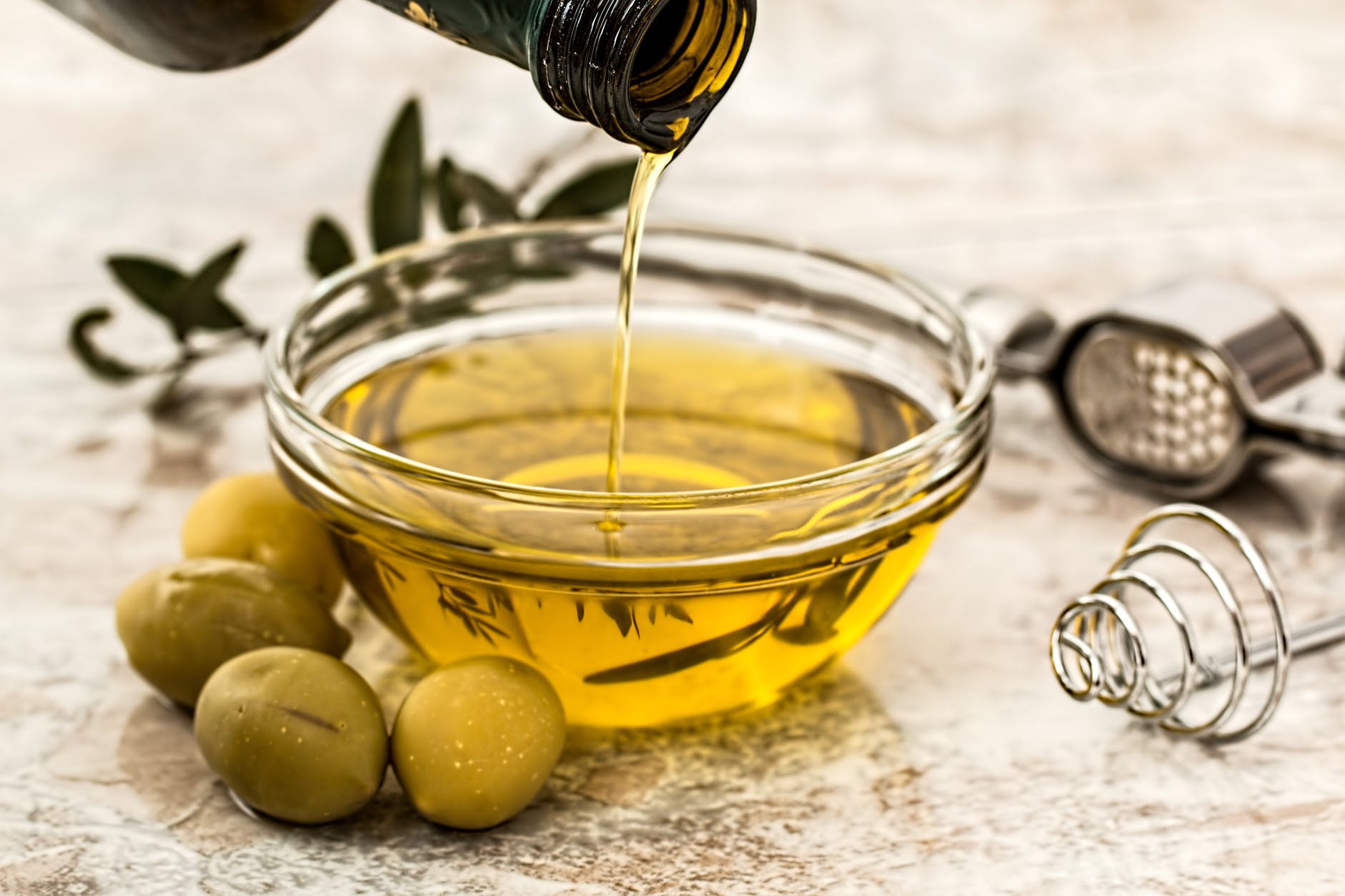
Olive oil is monounsaturated and is safe to fry with. Refined olive oil is more stable at high temperatures but has less antioxidants than the more delicate cold-pressed extra virgin olive oil, which we tend to reserve for salad dressings and drizzles. It has wonderful credentials for reduction of both heart disease and dementia.
Why don’t ‘experts’ like Karen Michels ever mention the different subgroups of LDL cholesterol or the heat-stability of saturated fats? I don’t understand it, because this research has been available for several years. It may be because mainstream advice is still to cut down on saturated fats. It takes a great deal of uncontested research to change the guidance and such changes have to be made gradually or there will be no credibility.

The head of nutrition for Public Health England, Louis Levy, debated the topic with me but it felt as though his argument went around in circles, ending by his saying ‘but saturated fats are bad!’ Blood tests with a breakdown of the different types of LDL are expensive and not available on the NHS. Also, Professor Tim Spector of King’s College London says that a gold standard randomised controlled trial is needed, comparing a high dairy to a low dairy diet. However, he doesn’t think it will happen, as it might be unethical and it would be extremely expensive.
 Some Jewish families are prone to very high cholesterol levels (‘familial hypercholesterolaemia.) They process fats differently and need to be careful to cut levels of saturated fats and cholesterol in their diets. They are likely to know about this because their parents and grandparents have had a very high cholesterol and often because family members have suffered from angina or heart attacks from an early age. They can usually be helped by medication, like statins, if started when they are young. Even without such a diagnosis, different people handle fats differently.
Some Jewish families are prone to very high cholesterol levels (‘familial hypercholesterolaemia.) They process fats differently and need to be careful to cut levels of saturated fats and cholesterol in their diets. They are likely to know about this because their parents and grandparents have had a very high cholesterol and often because family members have suffered from angina or heart attacks from an early age. They can usually be helped by medication, like statins, if started when they are young. Even without such a diagnosis, different people handle fats differently.
Overall, we don’t have the evidence to reach strong conclusions on whether saturated fats are safe but it looks likely that dairy products, in moderation are ok for most people and that processed deli meats are a risk for heart health. So, coconut oil- not a poison.

